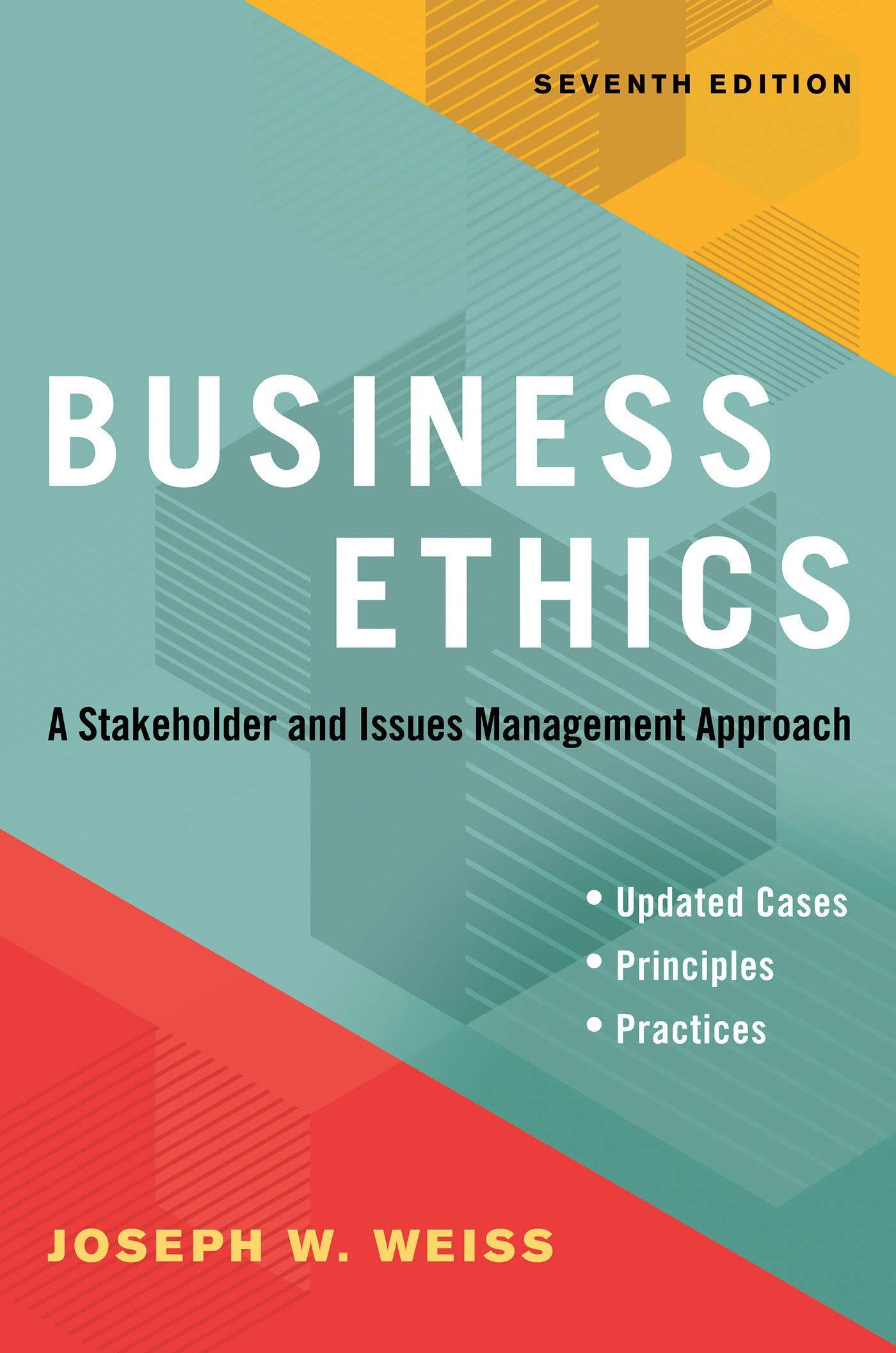Question
CRST Van Expedited v EEOC From 2005 through 2008, scores of women who drove long-haul trucks for CRST Van Expedited complained they were sexually harassed
CRST Van Expedited v EEOC
From 2005 through 2008, scores of women who drove long-haul trucks for
CRST Van Expedited complained they were sexually harassed by their male
trainers or co-drivers. After one woman filed a discrimination charge, EEOC
investigated, found reason to believe CRST had discriminated against multiple
women, and filed suit. In a series of decisions, the district court ruled that EEOC
could not seek relief for various women based onjudicial estoppel, lack of
severity; or CRST's lack of notice or effective response. The district court
concluded that a jury could find the harassment of 67 women was severe-indeed,
some cases involved rape and other forms of sexual assault-and that CRST knew
or should have known of the harassment yet failed to take appropriate remedial and
preventive steps. The court dismissed EEOC's case seeking relief for these 67
women and imposed attorneys' fees based on its view that the EEOC failed to offer
CRST a chance to remedy the violations voluntarily before filing suit.
The district court erred. EEOC offered CRST a chance to conciliate, and
That offer met all of Title VII's pre-suit requirements. The court also erred in a
number of rulings on estoppel, severity, and notice/effective response. EEOC
believes that oral argument of 45 minutes per side will assist this Court in
understanding these voluminous facts and the interplay of the various legal issues
in this case.
Two years after filing the suit, the EEOC failed to identify the 270 women, and the district court ordered the EEOC to amend its list of 270 women to include only the women who wished to continue with the suit and to ensure that those women were available for deposition. The EEOC complied with the first court order and failed to fulfill the second before the deadline. CRST had filed seven motions to dismiss, and the district granted (or granted in part) six of the motions. CRST subsequently filed a bill of costs against the EEOC for $4,560,285.11, and the district court granted the fee award. The EEOC appealed, and the U.S. Court of Appeals for the Eighth Circuit reversed the fee award. The appellate court held that the EEOC's pre-suit obligations were not elements of the claim and did not constitute a ruling on the merits that were eligible for fees.
Is a fee award available after the dismissal of a case for failure to satisfy pre-suit obligations?
Step by Step Solution
There are 3 Steps involved in it
Step: 1

Get Instant Access to Expert-Tailored Solutions
See step-by-step solutions with expert insights and AI powered tools for academic success
Step: 2

Step: 3

Ace Your Homework with AI
Get the answers you need in no time with our AI-driven, step-by-step assistance
Get Started


